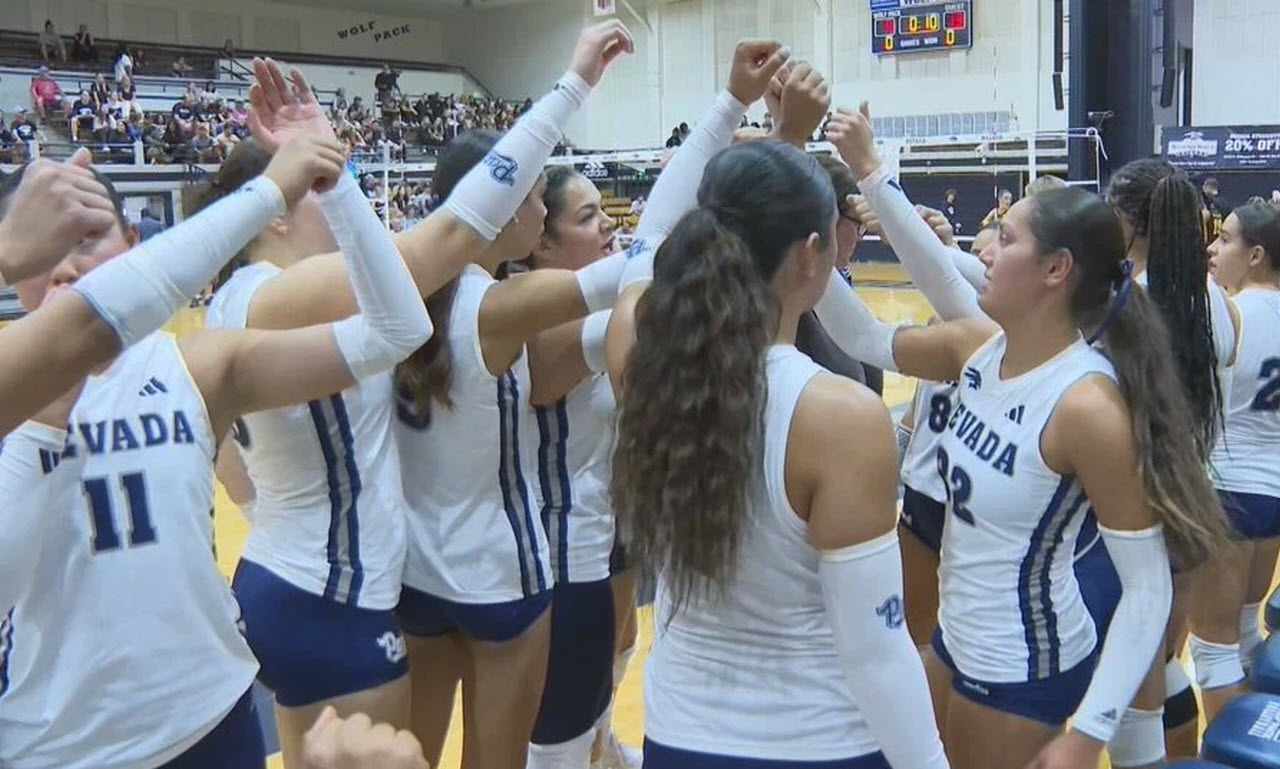A recent volleyball match forfeiture has sparked intense debate and attention. The University of Nevada, Reno, and Utah State University both declined to play against San Jose State University due to the presence of transgender player Blair Fleming.

The University of Nevada, Reno, emphasized that its players’ decision to forfeit was made independently, without consultation with the university or athletic department. The institution reaffirmed its commitment to equality and inclusivity, citing Nevada law and NCAA regulations.
However, the team stated their unity with other universities that have forfeited matches against San Jose State, citing concerns for safety and fair competition. Senior player Sia Liilii expressed frustration, saying, “We refuse to participate in any match that advances injustice against female athletes.”
View this post on Instagram
Utah State University forfeited in support of a lawsuit filed against Blair, alleging violation of a law restricting transgender athletes from competing in women’s sports. Several states have enacted similar laws, basing participation on biological sex rather than gender identity.
Other universities, including Southern Utah, Boise State, and the University of Wyoming, have also forfeited matches against San Jose State. Advocacy groups, such as Equality California, condemn these decisions as “rooted in transphobia and not reality.”

This controversy highlights the complex intersection of sports, identity, and law. As the debate continues, one thing is clear: the impact of these decisions extends far beyond the volleyball court.
The forfeitures have sparked a broader conversation about inclusivity, fairness, and the rights of transgender athletes. As the landscape of sports and society evolves, finding a balance between these competing interests remains a pressing challenge.


